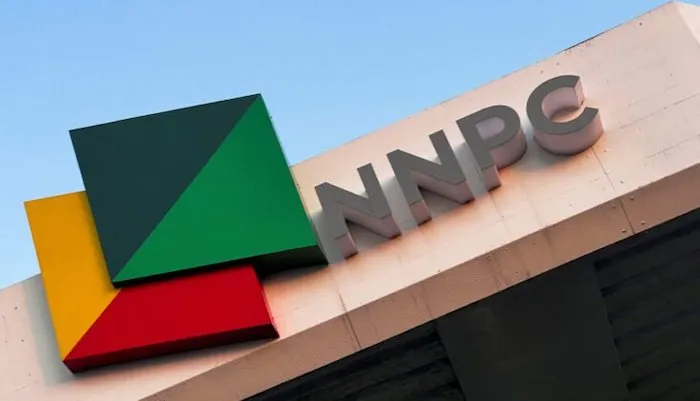Contrary to reports published in some sections of the media that the federal government directed the Nigerian National Petroleum Company Limited (NNPCL) to move its accounts to the Central Bank of Nigeria (CBN), Daily Trust findings indicate that NNPCL offered to move its accounts to the apex bank to support the liquidity management objective of the CBN.
There had been reports that the CBN had taken over the responsibility for crude oil sales from NNPCL. The reports had claimed that under the arrangement, the NNPC would submit receipts for crude oil sales to CBN for vetting and documentation.
But sources with knowledge of the arrangement told Daily Trust that the move was necessitated by the decision of the management of NNPCL to assist the apex bank with the issues of boosting liquidity in naira and dollar components.
In recent months, the CBN had been battling with how to stabilise the value of the naira in the foreign exchange market.
- Mali set up Ivory Coast tie by beating Burkinabe
- Before kidnapping becomes a ravaging epidemic in Nigeria
In a bid to assist the apex bank meet its obligations, NNPCL offered to move some of its accounts domiciled in commercial banks to the CBN.
The source said that since the implementation of the Petroleum Industry Act of 2021, NNPCL in line with its limited liability company status had had its accounts with commercial banks.
He added that NNPCL was not under any obligation to domicile its accounts with the central bank, saying the latest move was just an assistance from the national oil company to boost foreign exchange inflows.
The source said the offer by NNPCL to assist the CBN with the account opening was made last Monday during a meeting held at the headquarters of the Ministry of Finance which was attended by officials of NNPCL, CBN, Office of Accountant General of the Federation and the finance ministry.
The source further said, “Some parts of the NNPCL accounts were moved to the CBN. The movement was not an obligation, it was just a part of NNPCL’S effort to boost liquidity in naira and dollar components.”

 Join Daily Trust WhatsApp Community For Quick Access To News and Happenings Around You.
Join Daily Trust WhatsApp Community For Quick Access To News and Happenings Around You.


